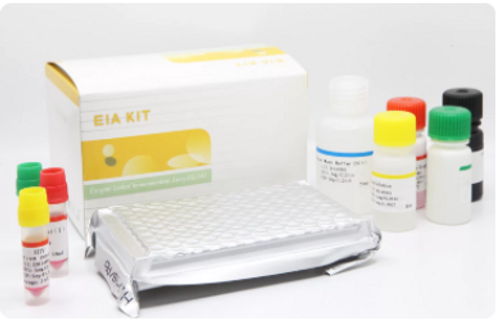Product Description
Expected use
This kit is an enzyme-linked immunosorbent assay (ELISA) for the qualitative determination of antibodies against Treponema pallidum (TP) in human serum or plasma. It is intended for the screening of blood donors and as an aid in the diagnosis and treatment of the clinical conditions known as syphilis.
Summary and explanation
Syphilis is a disease caused by the spirochete bacteria called Treponema pallidum (TP). If left untreated, the organisms move throughout the body and can damage many organs, making syphilis a life-threatening disease if not treated early enough. People who have been infected with syphilis experience different symptoms during the 3 stages of the disease. Early, which is defined by the presence of the chancre at the inoculation site. Syphilis can be divided into primary, secondary, and early latent syphilis; late syphilis includes late latent syphilis and the various forms of tertiary syphilis.
The serological response to syphilis involves the production of antibodies against a wide range of antigens, including non-specific antibodies and specific anti-TP antibodies.The first detectable response to infection is the production of specific antitreponemal IgM, which can be detected within 4 to 7 days after the appearance of the chancre and until the end of the second week of infection; Antitreponemal IgG appears approximately four weeks later. By the time symptoms develop, most patients have detectable IgG and IgM.







